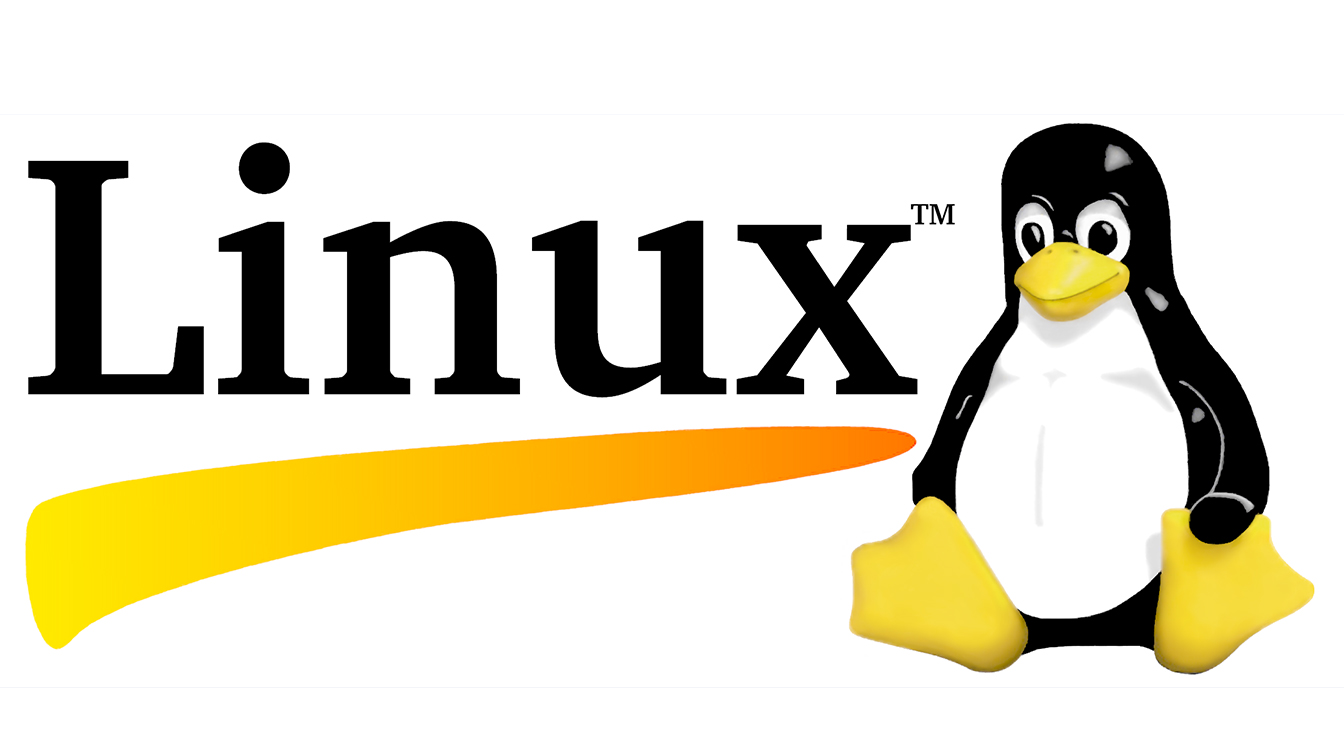Linux operating system, an open-source software, is developed by various communities and organizations worldwide. However, some countries have developed their own Linux distributions tailored to their local needs and security concerns. These country-specific Linux distributions carry features that reflect their national identity and aim to cater to the requirements of local users. Here are some Linux operating systems developed by different countries
Before you start the article, we recommend that you read our article called Virtual Machines and how it works, as it helps you with the installation.
1. China – Kylin Linux
The People’s Republic of China has developed Kylin Linux, its own Linux distribution, with a strong focus on national security and independence. The Chinese government has adopted Kylin Linux as an official operating system and it is widely used among government institutions. Kylin Linux stands out with features such as Chinese character support and pre-installed local applications.
2. Russia – ALT Linux
Russia has developed ALT Linux, a local Linux distribution, due to its national security concerns. ALT Linux is popular among educational institutions, government agencies, and businesses. It is customized to meet Russia’s national security requirements and is widely used in various sectors.
3. India – BOSS Linux
India has developed BOSS (Bharat Operating System Solutions) Linux, tailored to its local needs. Supported by the Indian government, BOSS Linux is widely used in government organizations, schools, and universities. It supports local languages and includes applications specific to different regions of India.
4. Turkey – Pardus
Turkey has developed its own Linux distribution called Pardus. Supported by TÜBİTAK (The Scientific and Technological Research Council of Turkey), Pardus is known for its Turkish language support, local software, and security features. It is widely used in Turkish government institutions, educational facilities, and businesses.
5. Cuba – Nova
Cuba has developed Nova Linux as an independent software initiative, aiming to counter the economic embargo imposed by the United States. The Cuban government promotes Nova Linux as a means to address local needs and preserve independence.
6. Germany – Univention Corporate Server (UCS)
Univention, a Germany-based company, has developed Univention Corporate Server (UCS), a Linux distribution with a focus on the business sector. UCS addresses corporate network management, security, and identity management. It is widely used in both public and private sectors in Germany.
These examples demonstrate how countries develop their own Linux distributions to address national security, independence, and local needs. These distributions play a significant role in reflecting national identities and cultural characteristics. Furthermore, these local Linux distributions can help countries exercise better control over data security and reduce external dependencies.


